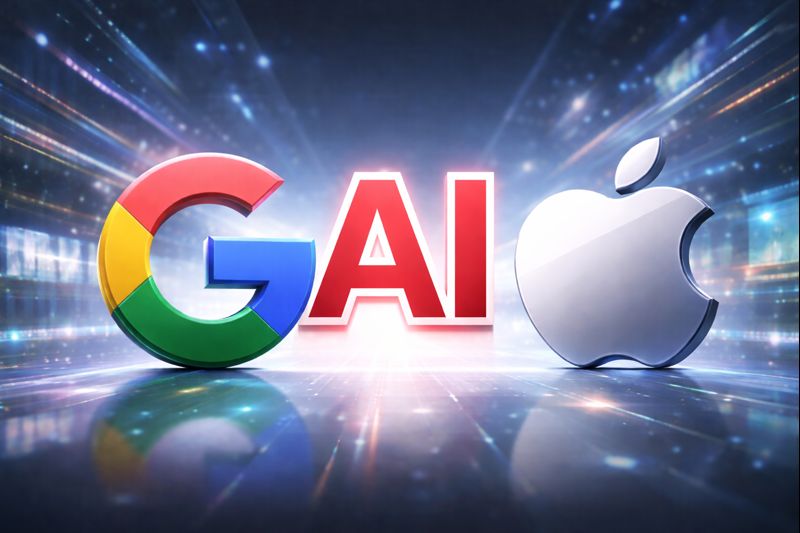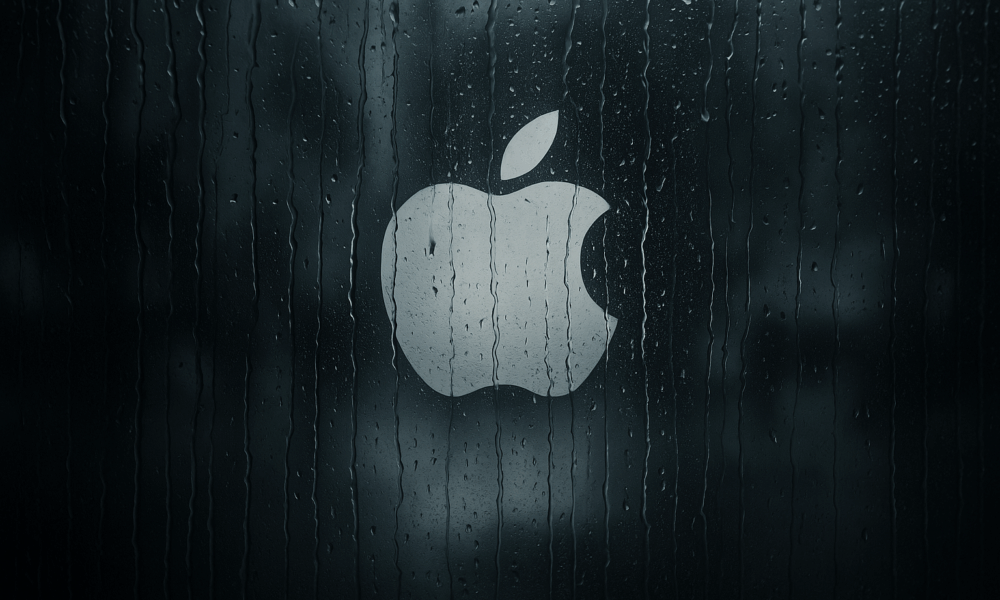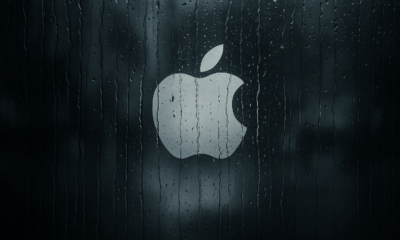


In the world of artificial intelligence, innovation rarely unfolds in isolation. More often it is shaped by strategic alliances, painful pivots, and the occasional leap of...



Apple has just made a decisive move in its artificial intelligence strategy — and it comes at a critical time. John Giannandrea, who led the company’s...



Elon Musk has fired the opening salvo in what could be one of the tech industry’s most dramatic legal battles in years. With his AI startup...



In an uncommonly urgent internal address on August 1, 2025, Apple CEO Tim Cook delivered a bold message to staff: “Apple must win in AI.” Coming...



An agentic browser tailored for the AI age—can Perplexity’s Comet dethrone established giants like Google and Apple by harnessing the power of smartphones? A New Rival...